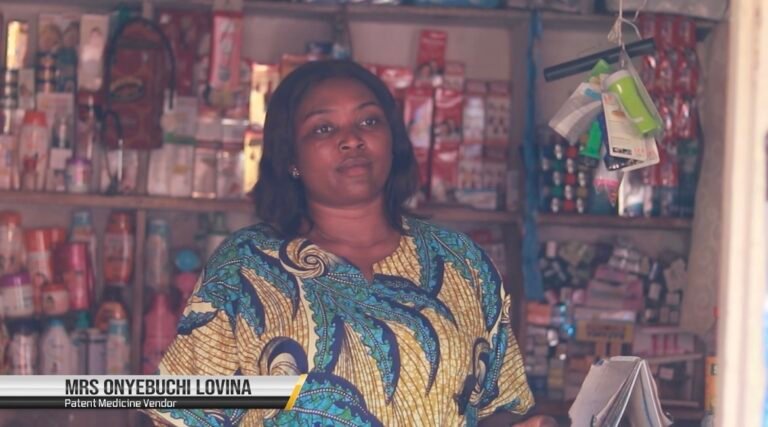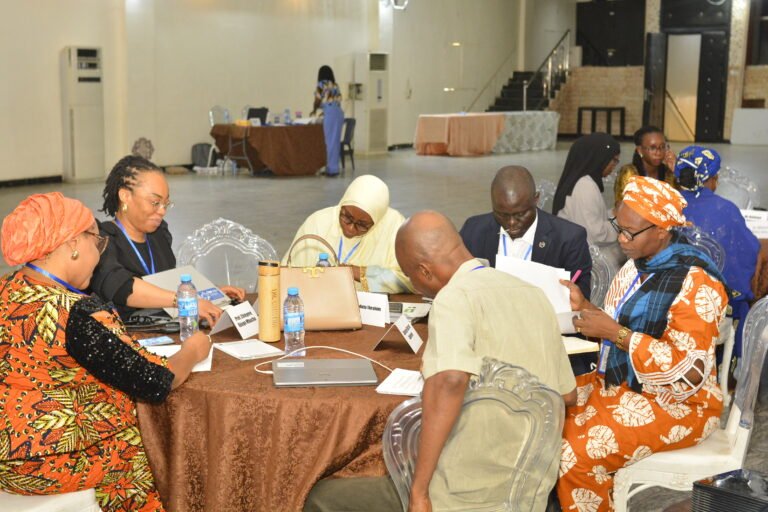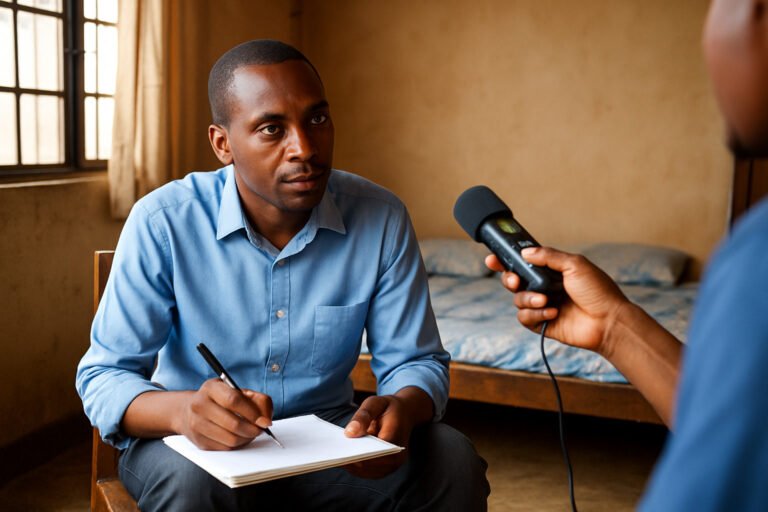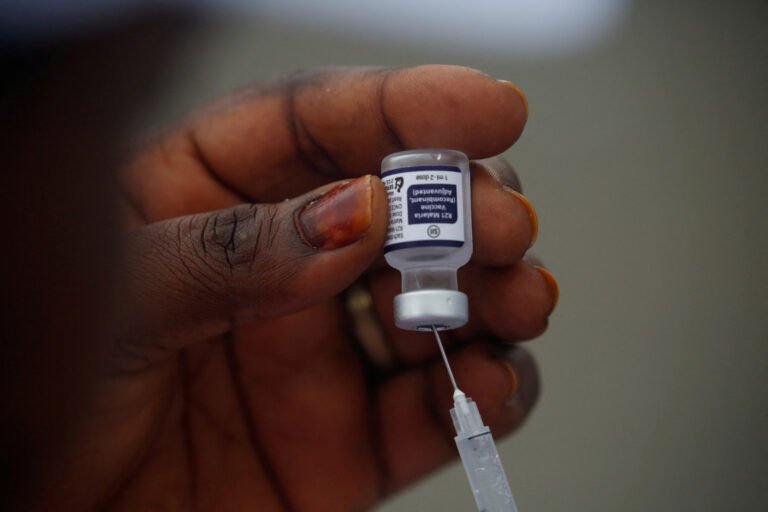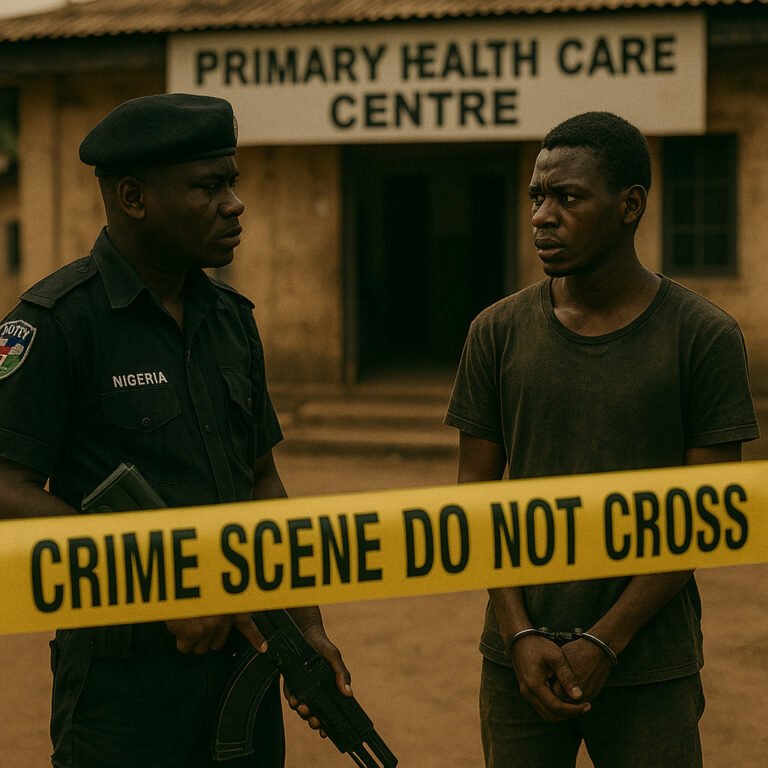Is health truly the business of all sectors in Nigeria? (Video)
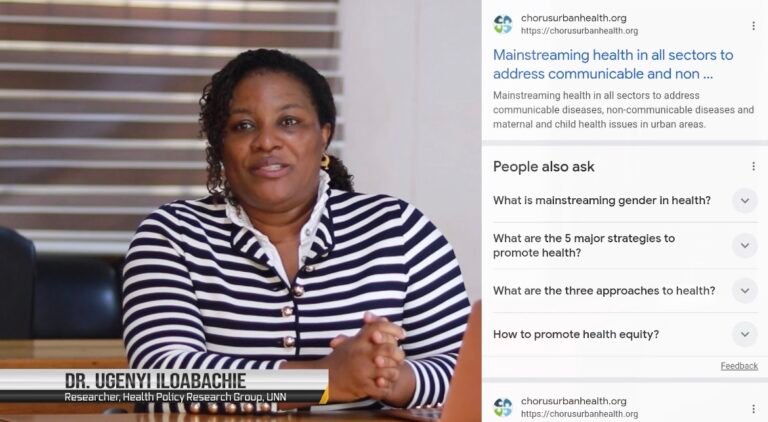
Recently, the Federal Government of Nigeria launched the Nigeria Power for Health Initiative to eliminate blackouts in health facilities. The initiative aims to integrate health concerns into the Ministry of Power’s strategic agenda. Also, during the COVID-19 pandemic, Nigeria formed…

